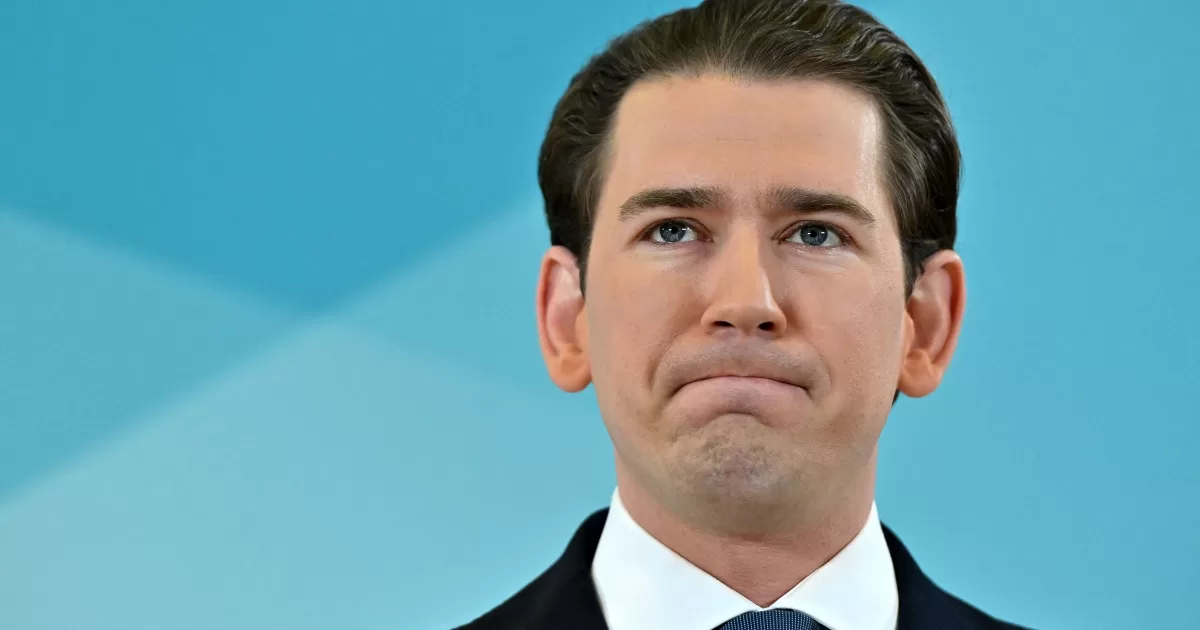When Chancellor Olaf Scholz arrives in Buenos Aires this Saturday for a short trip through Argentina, Chile and Brazil, he will first be with friends. All three countries are led by left-wing presidents who came to power with a promise to fight the great social inequality in their countries. So you are ideologically close, and images of heads of government in cordial agreement are likely to emerge.
Argentina’s President Alberto Fernandez in particular could use the publicity, as his country is going through a deep economic crisis with inflation at 95 percent – the highest in three decades. Gabriel Boric, Chile’s only 36-year-old president, is not doing well either. The economy falters while inflation and crime rise. Boric’s approval rating has dropped to 24 percent. So Scholz first meets two counted heads of government.
For the chancellor, who should be happy to be far away from the Ukraine conflict for once, the most important message is: fly the flag, we haven’t forgotten you! Because even if the proximity to South America is repeatedly emphasized in fine speeches, Germany has lost influence here in recent years, especially to China, which is now the region’s most important economic partner.
Lithium from Chile and Argentina is central to the energy transition
China buys commodities such as copper, lithium, iron ore, soybeans and beef in bulk and in return floods South America with its cheap products. It also offers financing and execution of major infrastructure projects, such as container ports and rail routes.
For Scholz, the primary concern should therefore be the search for partners in the global competition for resources. In Chile he will want to talk about the country’s lithium deposits, because without the light metal the energy transition will hardly be possible. Lithium is essential for battery manufacturing and Chile is currently the world’s largest producer, even if larger deposits are suspected in Bolivia.
Chile wants help building battery factories
In any case, there are enormous amounts of important metals in Chile, such as molybdenum and rhenium, which are used in a variety of industrial ways. Both occur in copper production, in which Chile is also a world leader.
Germany could make an impression in Chile by, for example, unlike China, helping to set up regional value chains, i.e. battery factories, and also guaranteeing compliance with environmental standards. Enormous amounts of water are used to produce lithium, which has already led to a critical lowering of the groundwater table in Chile.
Another topic related to the energy transition is hydrogen. In 2021, Germany and Chile set up the Hydrogen Taskforce. Theoretically, Chile could cover many times the estimated German import requirement for green hydrogen by 2050 if this form of energy continues to gain acceptance.
35
Million Euros provided by the federal government for the Amazon fund, which is intended to finance projects to preserve the jungle.
Scholz will also speak about raw materials in Argentina. Argentina is Germany’s third most important trading partner in Latin America after Brazil and Mexico. And like Chile, it has large deposits of lithium. In addition, however, Argentina, deep in the desert-like hinterland, has the second largest shale gas deposits in the world, which the country would like to export as liquid gas, including to Germany.
The problem: It takes millions of euros to invest in pipelines to transport the gas to the coast and convert it into liquid gas there to make it transportable. Argentina could hope for help from Germany.
Trade relations with the EU are also an important issue
The free trade agreement between the EU and the regional economic association Mercosur, which includes Argentina, Brazil, Uruguay and Paraguay, will play at least as important a role. Negotiations were completed in mid-2019, but ratification failed due to disastrous environmental policies and the isolationism of Brazilian ex-president Jair Bolsonaro.
The agreement would create the largest free trade zone in the world with around 780 million people, which would bring great advantages for the European – especially the German – export industry and South America’s agriculture. However, the EU insists on compliance with environmental and social standards in South America, which are difficult to monitor, especially in remote regions.
The agreement is currently also being overshadowed by Uruguay’s intention to conclude a bilateral trade agreement with China. The liberal-conservative government in Montevideo is not satisfied with the often sluggish Mercosur. Brazil’s President Lula da Silva recently used some rhetoric to keep the Uruaguayans from backtracking. Scholz will meet Lula in Brasilia at the end of his trip.
Lula has endured a tumultuous few weeks after fanatical Bolsonaro supporters stormed and vandalized Brazil’s democratic institutions. To the relief of the Europeans, however, he is now firmly in the saddle. For Scholz, it’s also about showing support for Lula and Brazilian democracy.
Brazil is by far Germany’s most important partner in the region, not only economically, but also in the attempt to slow down climate change. The federal government has already made 35 million euros available for the Amazon Fund set up jointly with Norway, which was frozen under Bolsonaro. The money is intended to finance projects to preserve the jungle.
Scholz, on the other hand, cannot count on Brazil’s support for the western course in the Ukraine conflict. Brazil, but also Argentina traditionally see themselves as neutral and more in a mediating role. In this specific case, however, there are also economic interests behind this. The agricultural industries of both countries are completely dependent on Russian fertilizers. Access to raw materials has therefore become a decisive criterion in global politics on all sides.
To home page




